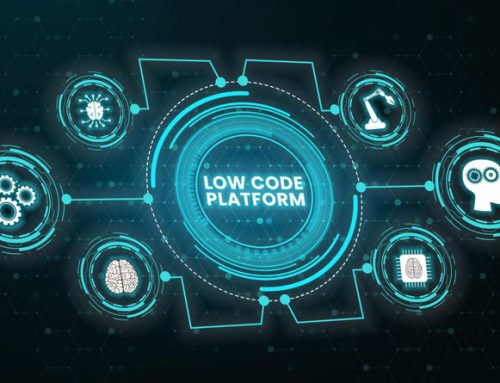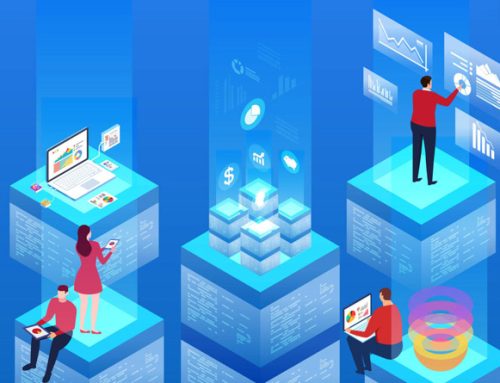The field of software testing has witnessed a significant transformation with the integration of artificial intelligence and natural language processing (NLP) technologies. ChatGPT, an advanced AI model, has emerged as a game-changer in the realm of software testing. Its ability to understand and generate human-like text makes it a valuable tool for enhancing the quality assurance process. In this article, we’ll explore the role of ChatGPT in software testing and its impact on software development.
1. Test Case Generation
One of the most critical aspects of software testing is the creation of effective test cases. ChatGPT plays a pivotal role in generating test cases by analyzing software requirements and user stories. It can process and interpret complex technical documents and produce comprehensive test cases with detailed scenarios and expected outcomes. This automation of test case generation significantly reduces the manual effort involved in the process, making it more efficient and less error-prone.
2. Test Data Preparation
Another essential element in software testing is test data preparation. ChatGPT can assist in generating relevant test data, which is often a time-consuming and error-prone task when done manually. By leveraging its NLP capabilities, ChatGPT can extract meaningful information from documentation and use it to create diverse and realistic test datasets. This ensures that the software is tested under various conditions, increasing the likelihood of detecting defects.
3. Test Scenario Exploration
ChatGPT can be employed to explore different test scenarios based on input from human testers or historical data. It can suggest possible edge cases and scenarios that might not be immediately obvious to manual testers. This helps in achieving comprehensive test coverage and detecting potential issues that might be missed during traditional testing processes.
4. Chatbot-Based Testing
One of the innovative applications of ChatGPT is the development of chatbot-based testing. Chatbots powered by ChatGPT can simulate real user interactions and provide valuable insights into the user experience. Testers can use these chatbots to perform end-to-end testing of applications and identify issues related to user interfaces, functionality, and user interactions. Chatbot-based testing is a valuable addition to regression testing and usability testing.
5. Test Script Automation
ChatGPT can assist in automating test script creation. By understanding the requirements and test cases, it can generate test scripts that can be directly executed by testing tools. This not only reduces the time required to create and maintain test scripts but also minimizes the potential for human errors in script writing.
6. Natural Language Defect Reporting
One of the challenges in software testing is effectively communicating defects to development teams. ChatGPT simplifies this process by allowing testers to report defects in natural language. This not only makes defect reports more understandable but also aids in creating a clear and concise record of the issue. Developers can then address defects more efficiently.
7. Continuous Testing and Feedback
ChatGPT can be integrated into the continuous integration and continuous delivery (CI/CD) pipeline to enable continuous testing. It can provide real-time feedback to developers during the development process, ensuring that issues are identified and resolved at an early stage. This approach reduces the cost of fixing defects and accelerates the software development lifecycle.
Conclusion:
ChatGPT has proven to be a revolutionary addition to the field of software testing. Its capabilities in test case generation, test data preparation, test scenario exploration, and defect reporting have streamlined the quality assurance process. By automating various aspects of testing, ChatGPT not only improves the efficiency of the testing process but also enhances the overall quality of software. As the technology continues to evolve, ChatGPT’s role in software testing is likely to become even more significant, enabling faster and more reliable software development. Software testing professionals and developers are encouraged to explore the potential of ChatGPT in their quality assurance efforts.
Unleash the full potential of your software testing expertise by embracing an enriching opportunity to learn and grow by joining UNICOM Learning’s esteemed flagship conference World Conference Next Generation Testing 2023 (WCNGT) on 23 November in Bengaluru, India.






